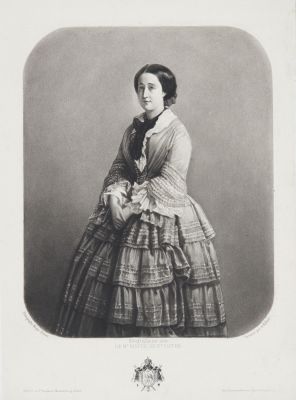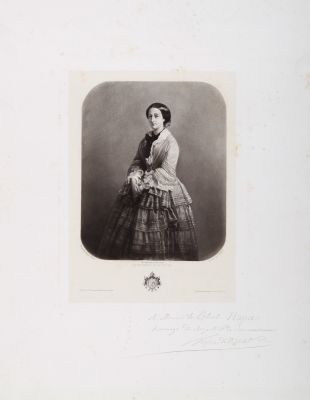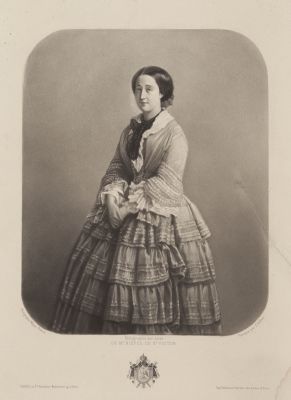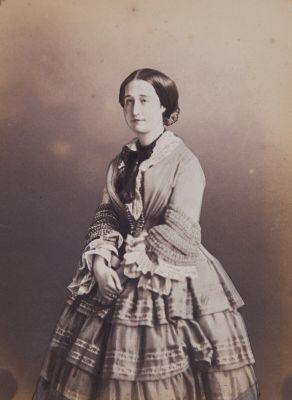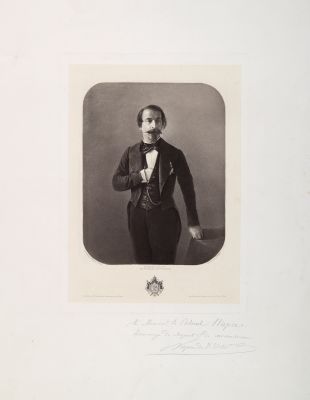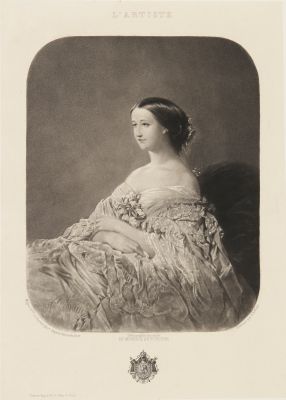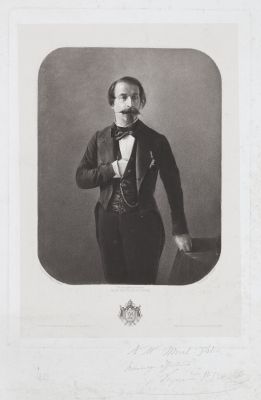
Title
Daniel-François-Esprit AuberArtist
Crémière, Léon (French, 1831-1913)Date
1860 caProcess
Photogravure (heliograph)Atelier
Niepce de Saint-VictorImage Size
25.6 x 21 cmSheet Size
45 x 32 cm
Beginning in 1853, Niépce de Saint-Victor and the engraver Francois-Augustin Lemaître worked to improve aspects of Joseph Nicéphore Niépce’s heliographic technique. The collaborative effort successfully yielded an improved technique that for the first time, allowed photographs to be translated into a printing plate. Their two principal refinements were making the bitumen of Judea more sensitive and adding an aquatint texture to hold the ink in large areas of tone. The process, however, produced images which were mostly unable to render delicacy of detail without the aid of extensive hand work. While it was clearly a photomechanical breakthrough, Niépce de Saint-Victor’s method did not last for very long, in particular because the process always required the intervention of an engraver. Its merit was that it was a pioneering method and opened the way to newer methods.
Examples of Niepce St. Victor’s Heliographs are rare.
Daniel-François-Esprit Auber (1782 –1871) was a French composer and director of the Paris Conservatoire. Born into an artistic family, Auber was at first an amateur composer before he took up writing operas professionally when the family’s fortunes failed in 1820. He soon established a professional partnership with the librettist Eugène Scribe that lasted for 41 years and produced 39 operas, most of them commercial and critical successes. Auber held two important official musical posts. From 1842 to 1871 he was director of France’s premier music academy, the Paris Conservatoire, which he expanded and modernised. From 1852 until the fall of the Second Empire in 1870 he was director of the imperial chapel in the Louvre, for which he wrote a substantial number of liturgical works and other religious music. A devotee of Paris, Auber refused to leave the city when the Franco Prussian War led to the siege of Paris and the subsequent rise of the Paris Commune. He died in his house in Paris, aged 89, shortly before the French government regained control of the capital. [1]
References
[1] wiki
